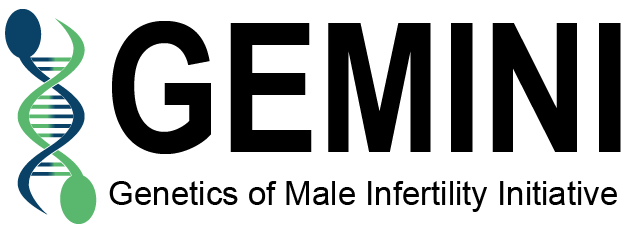Genomic study of variants: prevalence and allelic heterogeneity in men with spermatogenic failure
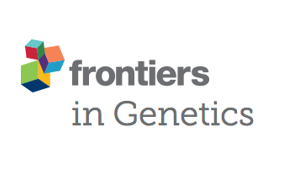
The latest paper is now available online in Frontiers in Genetics. Abstract Human spermatogenesis is a highly intricate process that requires the input of thousands of testis-specific genes. Defects in any of them at any stage of the process can have detrimental effects on sperm production and/or viability. In particular, the function of many meiotic […]
Diverse monogenic subforms of human spermatogenic failure
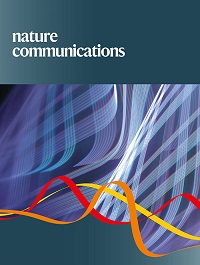
Our main GEMINI paper is now available online in Nature Communications. Congratulations to all! Abstract Non-obstructive azoospermia (NOA) is the most severe form of male infertility and typically incurable. Defining the genetic basis of NOA has proven challenging, and the most advanced classification of NOA subforms is not based on genetics, but simple description of […]
DDB1- and CUL4-associated factor 12-like protein 1 (Dcaf12l1) is not essential for male fertility in mice
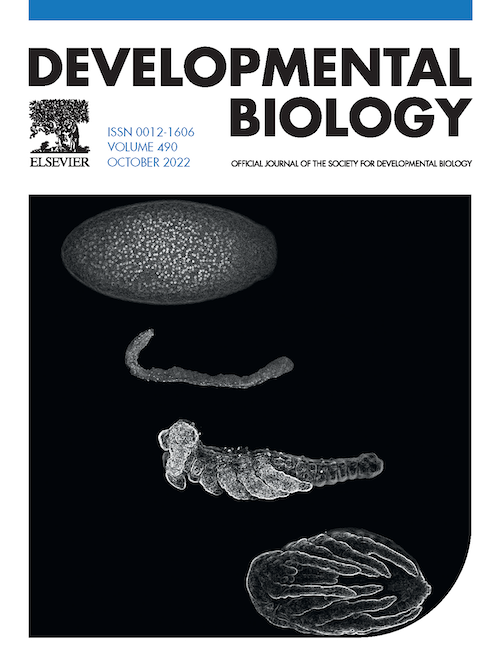
The latest paper is now available online in Developmental Biology. Abstract Male infertility is a common condition affecting at least 7% of men worldwide and is often genetic in origin. Using whole exome sequencing, we recently discovered three hemizygous, likely damaging variants in DDB1- and CUL4-associated factor 12-like protein 1 (DCAF12L1) in men with azoospermia. […]
The piRNA-pathway factor FKBP6 is essential for spermatogenesis but dispensable for control of meiotic LINE-1 expression in humans
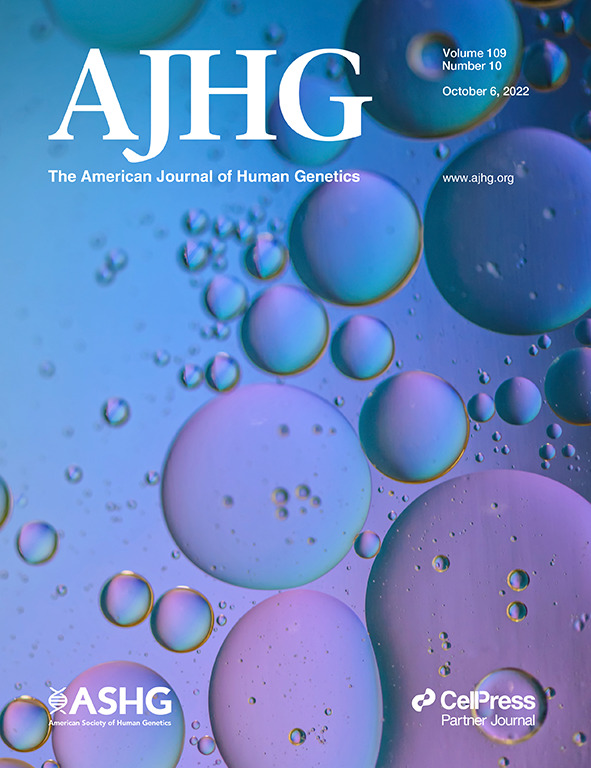
The latest paper is now available online in American Journal of Human Genetics. Abstract Infertility affects around 7% of the male population and can be due to severe spermatogenic failure (SPGF), resulting in no or very few sperm in the ejaculate. We initially identified a homozygous frameshift variant in FKBP6 in a man with extreme […]
Zinc finger RNA binding protein 2 (ZFR2) is not required for male fertility in the mouse
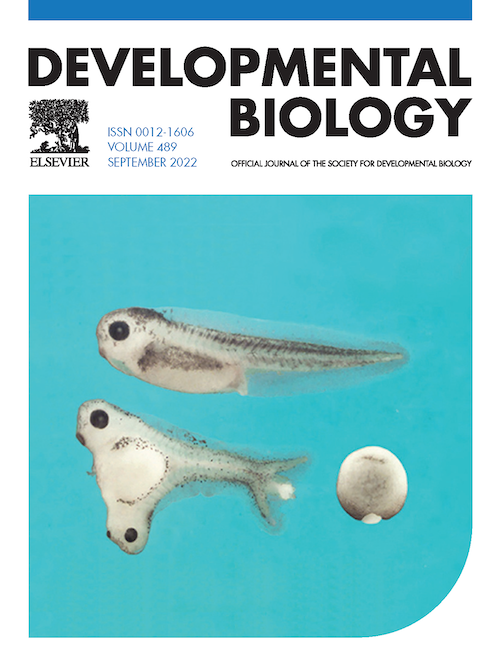
The latest paper is now available online in Developmental Biology. Abstract BACKGROUND: Thousands of genes are expressed during spermatogenesis and male infertility has a strong genetic component. Within this study, we focus on the role of Zfr2 in male fertility, a gene previously implicated in human male fertility. To date, very little is known about […]
Actionable secondary findings following exome sequencing of 836 non-obstructive azoospermia cases and their value in patient management
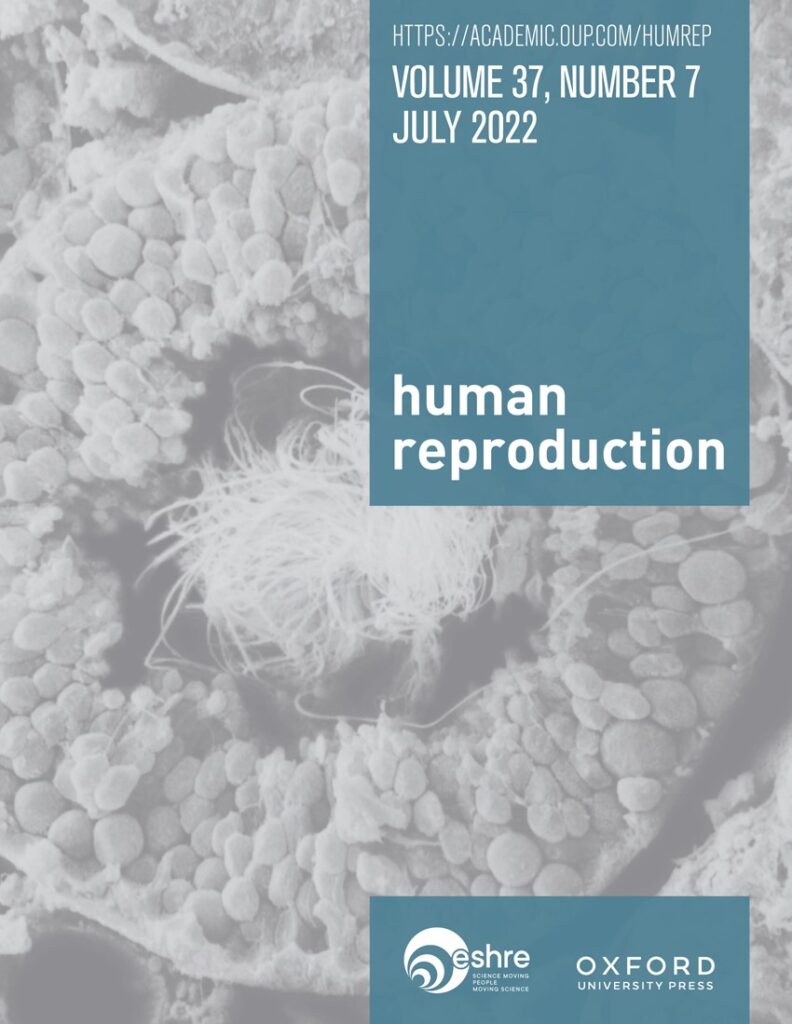
The latest paper is now available online in Human Reproduction. Abstract STUDY QUESTION: What is the load, distribution and added clinical value of secondary findings (SFs) identified in exome sequencing (ES) of patients with non-obstructive azoospermia (NOA)? SUMMARY ANSWER: One in 28 NOA cases carried an identifiable, medically actionable SF. WHAT IS KNOWN ALREADY: In […]
Large-scale analyses of the X chromosome in 2,354 infertile men discover recurrently affected genes associated with spermatogenic failure
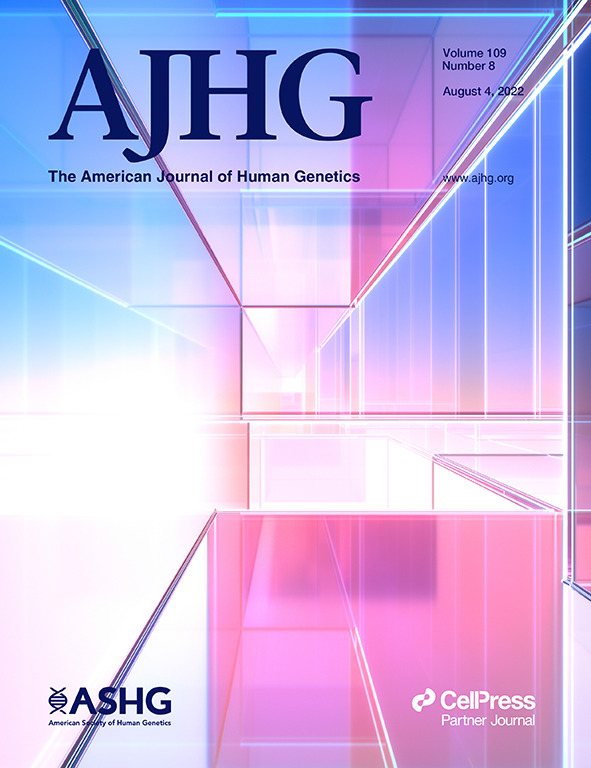
The latest paper is now available online in American Journal of Human Genetics. Abstract Although the evolutionary history of the X chromosome indicates its specialization in male fitness, its role in spermatogenesis has largely been unexplored. Currently only three X chromosome genes are considered of moderate-definitive diagnostic value. We aimed to provide a comprehensive analysis […]
Human INHBB Gene Variant (c.1079T>C:p.Met360Thr) Alters Testis Germ Cell Content, but Does Not Impact Fertility in Mice
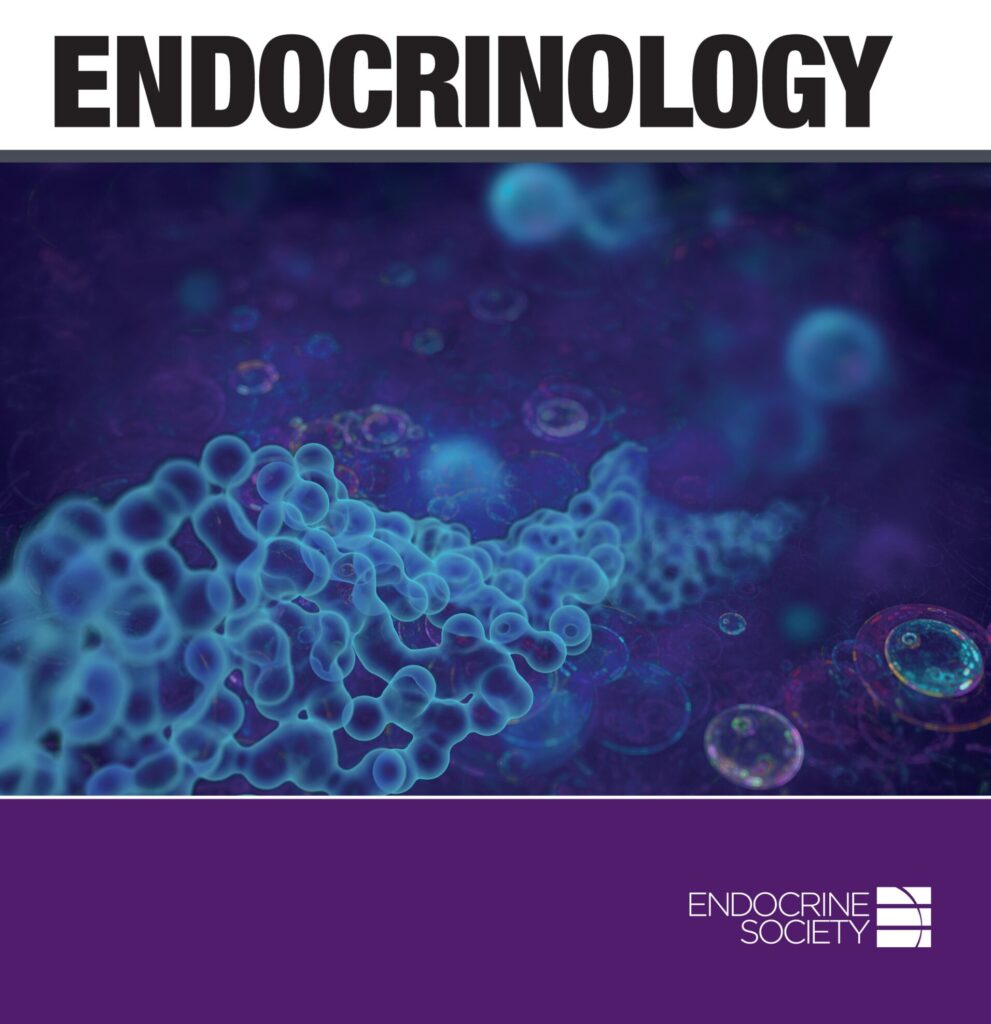
The latest paper is not available online in Endocrinology. Abstract Testicular-derived inhibin B (α/β B dimers) acts in an endocrine manner to suppress pituitary production of follicle-stimulating hormone (FSH), by blocking the actions of activins (β A/B/β A/B dimers). Previously, we identified a homozygous genetic variant (c.1079T>C:p.Met360Thr) arising from uniparental disomy of chromosome 2 in the INHBB gene […]
A de novo paradigm for male infertility

The latest paper is not available online in Nature Communications. Abstract De novo mutations are known to play a prominent role in sporadic disorders with reduced fitness. We hypothesize that de novo mutations play an important role in severe male infertility and explain a portion of the genetic causes of this understudied disorder. To test […]
A systematic review of the validated monogenic causes of human male infertility: 2020 update and a discussion of emerging gene-disease relationships
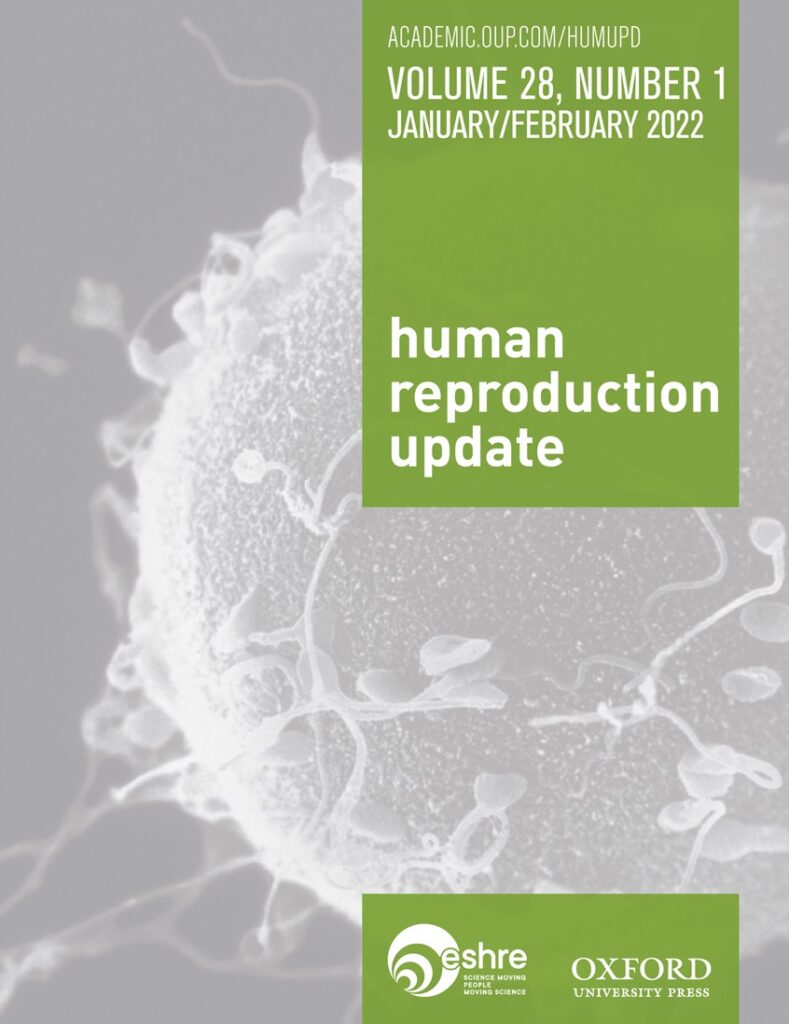
The latest paper is not available online in Human Reproduction Update. Abstract BACKGROUND: Human male infertility has a notable genetic component, including well-established diagnoses such as Klinefelter syndrome, Y-chromosome microdeletions and monogenic causes. Approximately 4% of all infertile men are now diagnosed with a genetic cause, but a majority (60-70%) remain without a clear diagnosis […]
